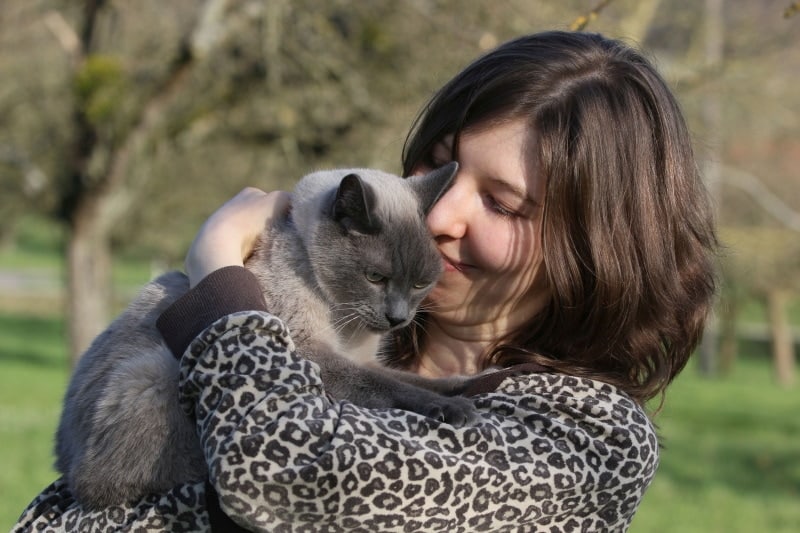As cat parents, we feel that every day should be “Hug Your Cat Day”, but did you know that there is a specific day to love your cat that’s officially recognized? Every year on June 4th is National Hug Your Cat Day, and it’s coming up as usual in 2024.
While you probably already shower your cat with hugs and love, you can take this extra-special day to pamper your cat even more and show your love to other cats. In this article, we’ll tell you everything you need to know about National Hug Your Cat Day and more.

What Is Hug Your Cat Day?
Hug Your Cat Day is a great excuse to hug your cat even more than you already do. It’s a day to spoil your cat and show them how much you appreciate them. Many people don’t know that cats were celebrated and worshiped in Egyptian times. They were viewed as magical, majestic felines in Egypt and still are to this day.
The people of Egypt saw them as royals and would pamper them, dress them up in jewels, and feed them extravagant meals. In fact, when cats passed away, their owners would mourn them by shaving off their eyebrows, and the cats were given a cat mummification burial.
In today’s culture, however, cats often live in the shadow of canines, and they aren’t shown the proper respect and love that we pet parents feel they should be shown. Therefore, we celebrate Hug Your Cat Day every year to honor our feline friends.
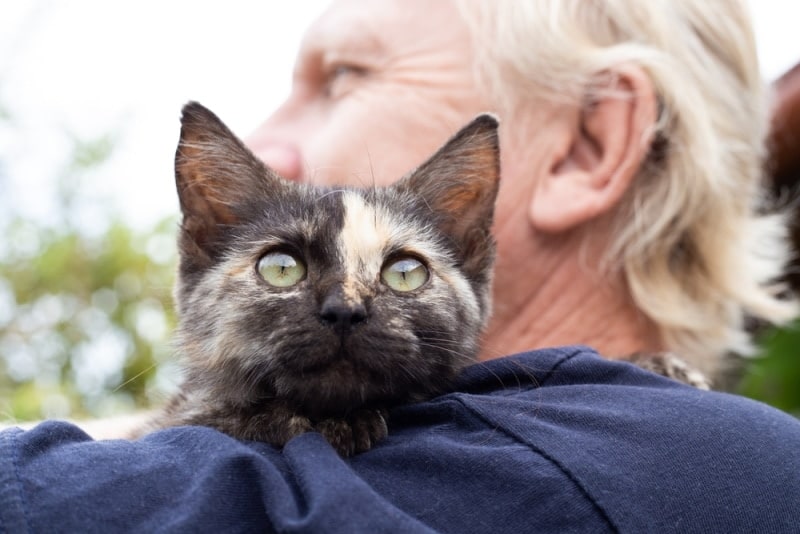
 How Do You Celebrate Hug Your Cat Day?
How Do You Celebrate Hug Your Cat Day?
You may be wondering at this point just how you can celebrate National Hug Your Cat Day. We’ll give you a few ideas in the section below.
1. Hug Your Cat
While this may seem like a no-brainer, it certainly bears mentioning. On National Hug Your Cat Day, make sure that you hug your cat. While we all know that cats live and operate on their own schedule, your cat will always like to be petted and loved.
The cat may even show its appreciation for you on National Hug Your Cat Day by jumping into your lap for a snuggle.
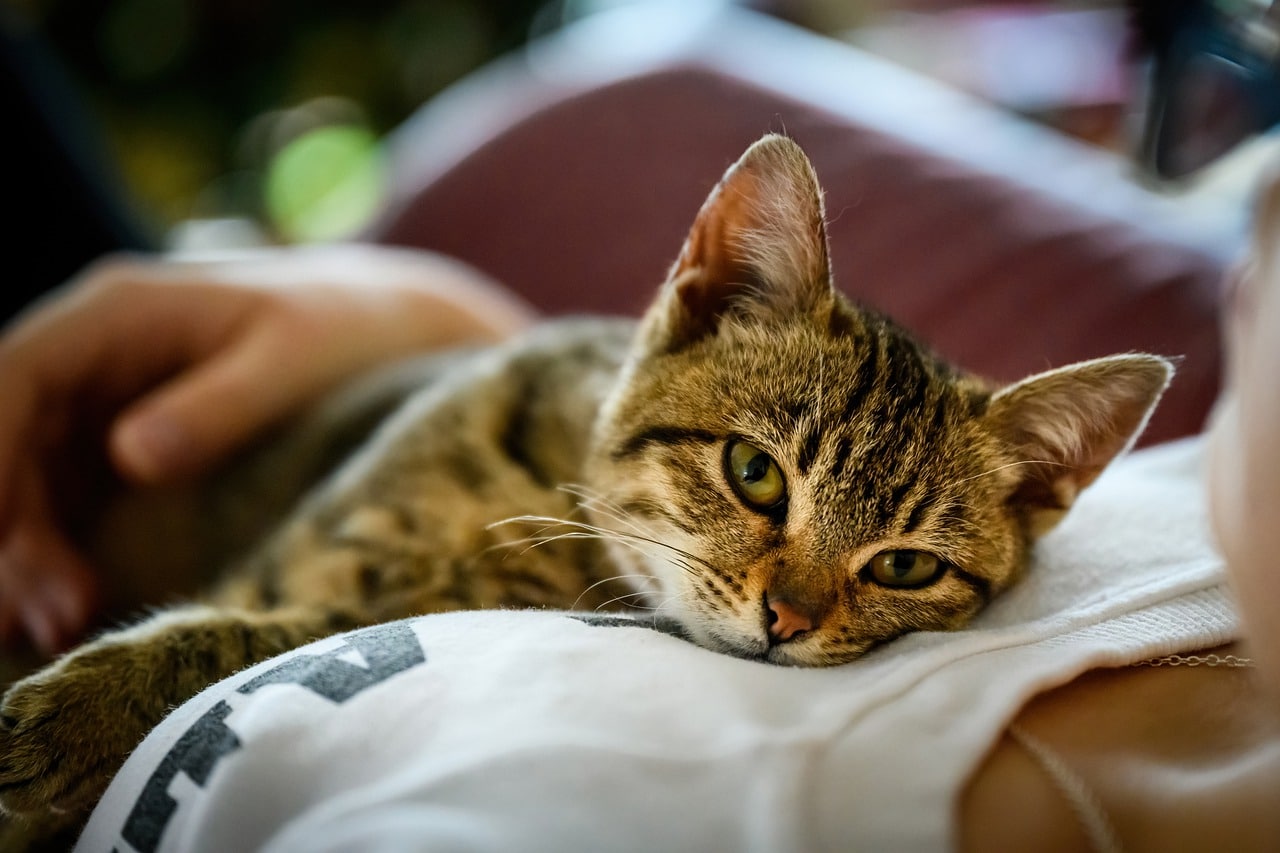
2. Play Games
Hugging and petting are always appreciated, but playing with your feline is another excellent way to show your love. You can break out the laser pointer or feather toys, or if your pet is a natural retriever, you can play a game of fetch with a catnip mouse or ball of paper.
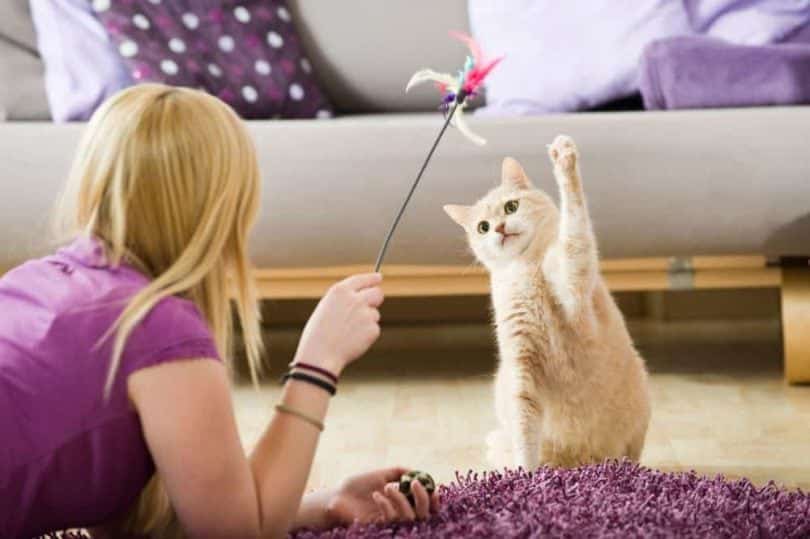
3. Volunteer at a Shelter
National Hug Your Cat Day isn’t just about hugging and loving your cat. You can volunteer at a shelter to be sure that all cats get the love and appreciation they need on that special day. In fact, don’t stop there; volunteer every time you can, as these animals need all the love, patience, support, and hugs they can get while they wait to be adopted and taken to a forever home.
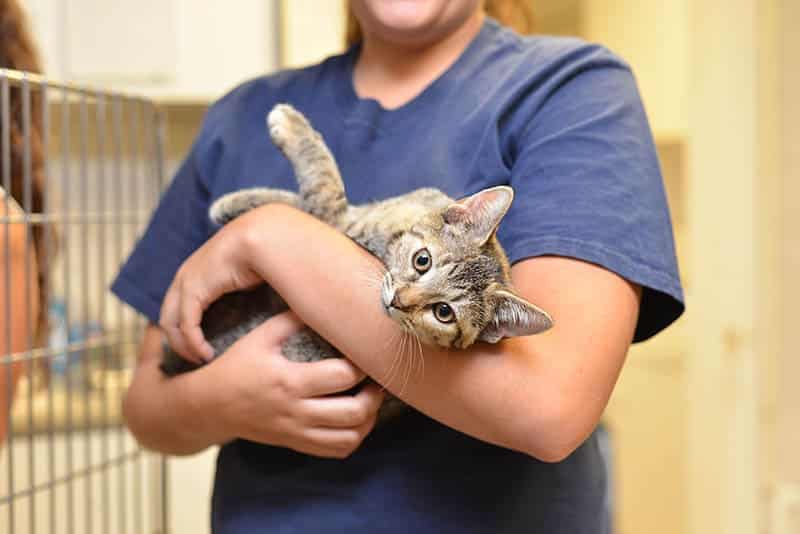

Final Thoughts
National Hug Your Cat Day is on June 4th, 2024, and you don’t want to miss it. It’s the perfect opportunity to hug your cat, show them how much you care, and give back to the animal community by volunteering at your local animal shelter.
Cats are loyal, loving creatures that used to be treated like royalty. You can revive the Egyptian tradition by participating in National Hug Your Cat Day. Show your cat how much you love them with plenty of hugs, exciting games, and a few tasty treats.
Featured Image Credit: Piqsels

